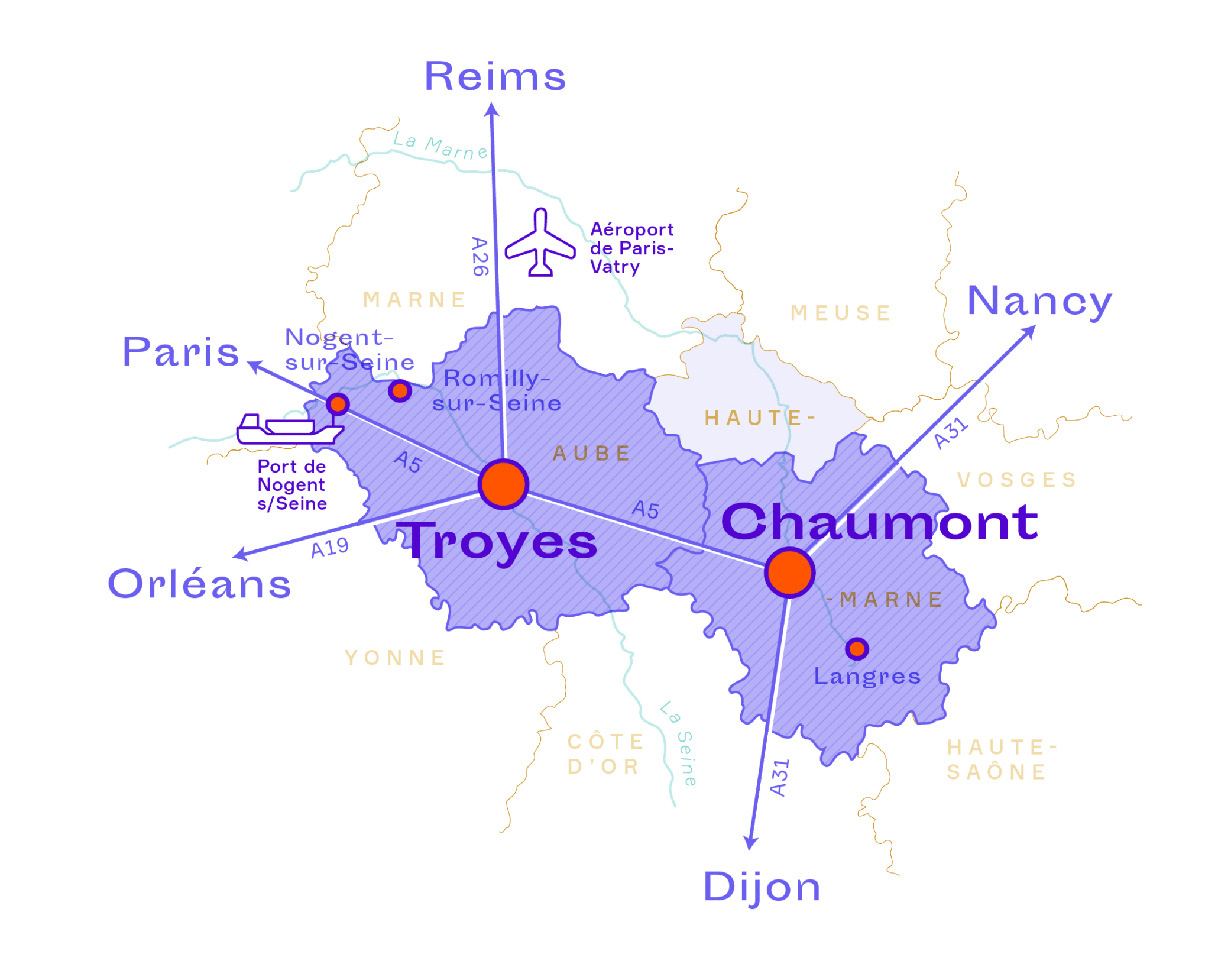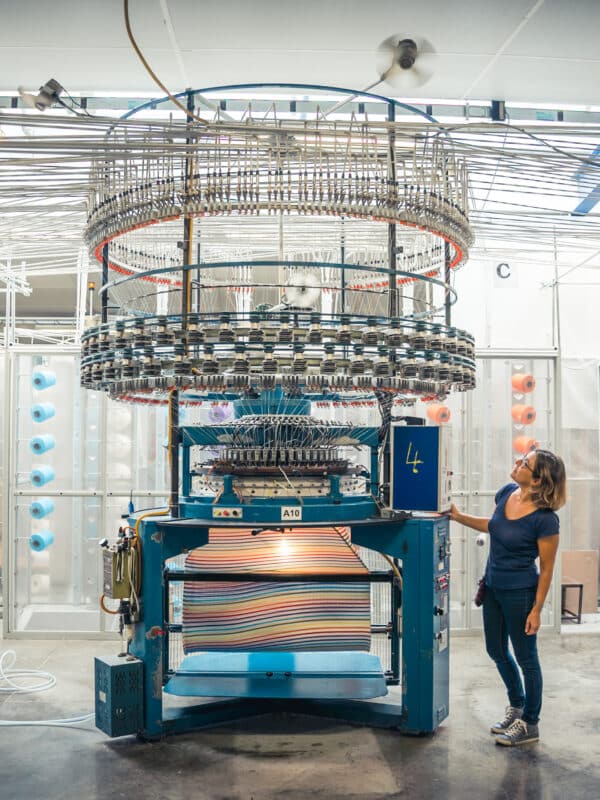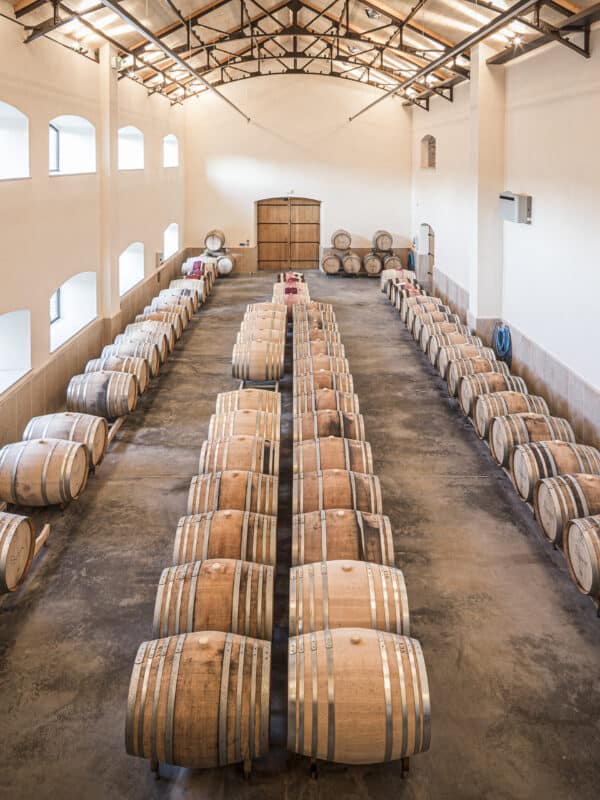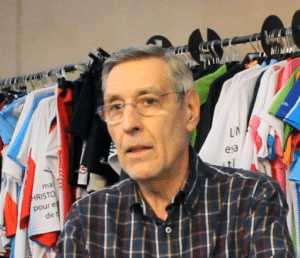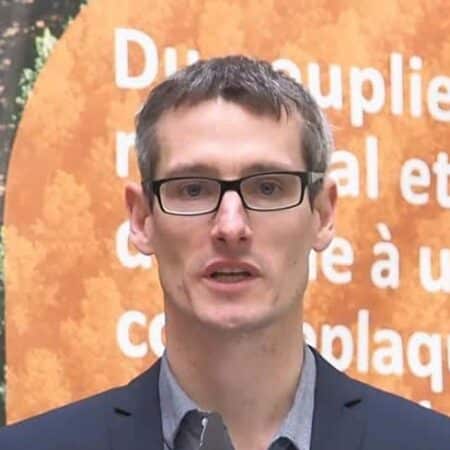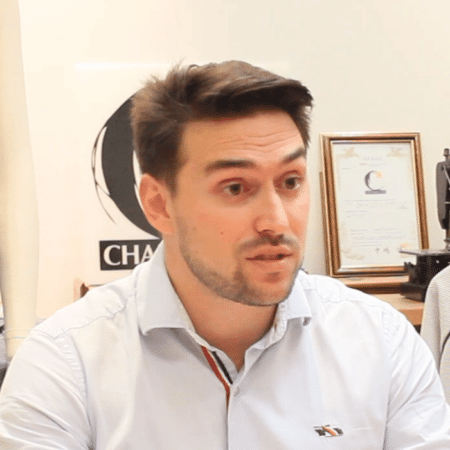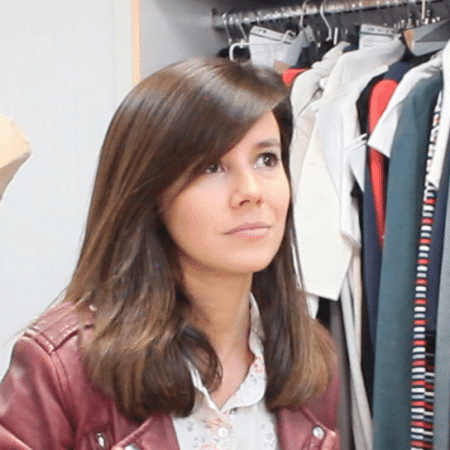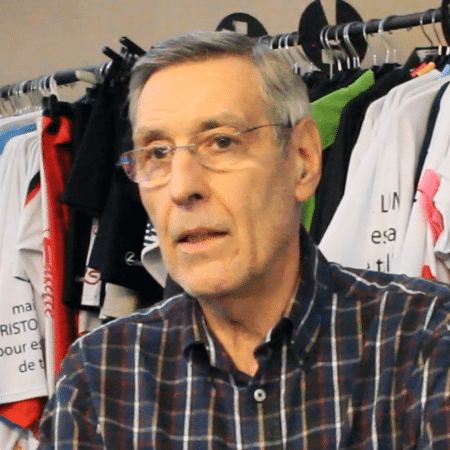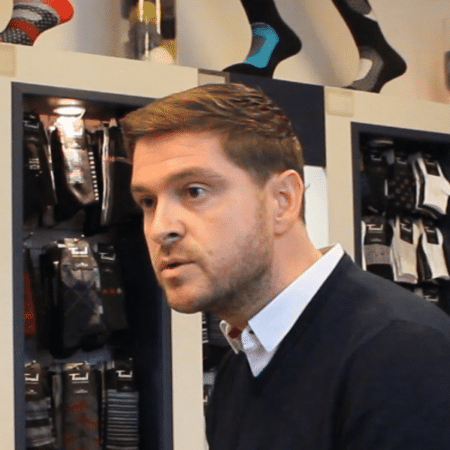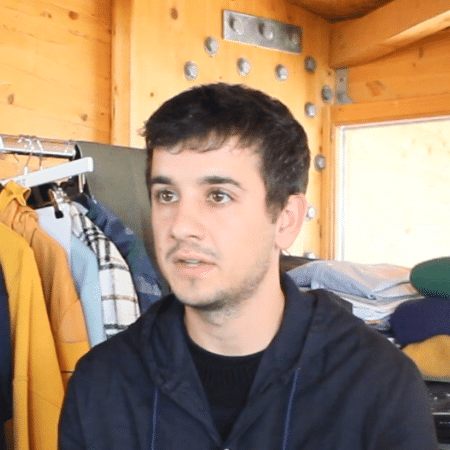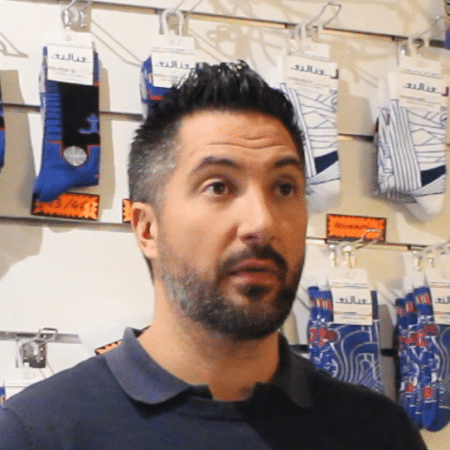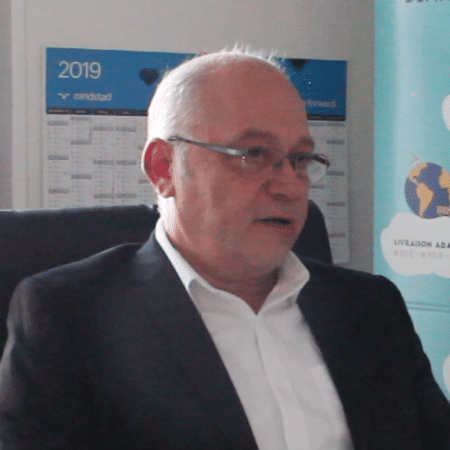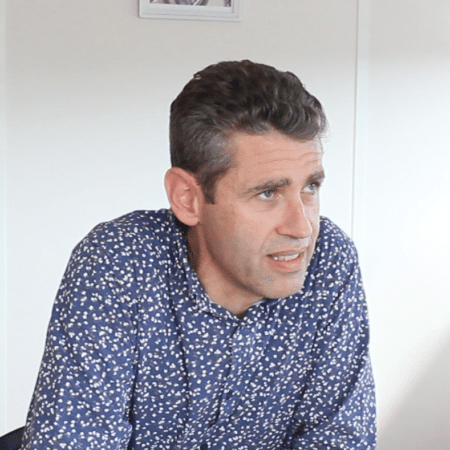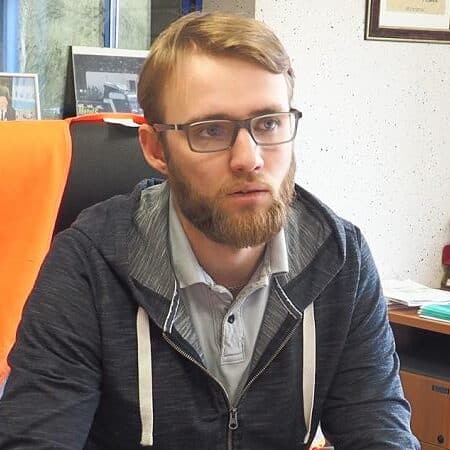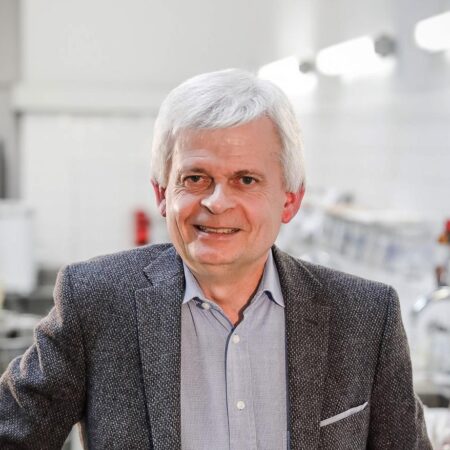Michel Bohning
Michel Bohning, Managing Director of Lafitte Textile
Who are you?
“My name is Michel Bohning, I’m 77 years old and I’m still working. I’m what you might call a retired-active-volunteer. I’m married, I have 2 children and 4 grandchildren and I’ve been running the Laffite company since 1976.”
Can you tell us about your brand?
“Lafitte is a textile company specialising in sportswear. We started out by offering only swimwear. Later, as we were using lycra for swimwear, we extended the range to other sports such as cycling, athletics, gymnastics, basketball and many others.”
What makes you different from the others?
“My speciality is offering quality products in small series. So I looked for a rather upmarket clientele, and worked with top designers for swimwear, for example. As I also make sports products, my approach quickly turned to responsiveness and short delivery times. I respect a certain code of ethics in everything I do.”
What stages of the production chain do you master?
“I can say that I master almost the entire textile manufacturing chain. We do everything in our factory. The only thing we buy is the raw material, i.e. the fabrics. We choose them either in white because we’re going to print them, or in colour for assembly. On our side, we take care of the design, printing, pressing, cutting, tailoring… really everything from A to Z.”
Why did you choose to produce in Troyes?
“First of all, I’m originally from Troyes. Part of my family worked in textiles here, because at the time, textiles was a mono-industry in Troyes. The town was the birthplace of hosiery, so it seemed obvious to me to launch my business in the town where I grew up. Above all, Troyes has one big advantage: everything is close at hand. Here, we have the staff, the equipment, the premises and the know-how. It never really occurred to me to set up my business elsewhere.”
How do you see your company in the future?
“I hope that the business will continue for many years to come. To achieve this, we invest in high-performance equipment, develop different collections each year, study new models in different disciplines and, above all, my daughter is taking over from me, as she is currently working with me to manage production. I also have my grandson, who is very sporty and is studying in the United States, who should be taking over in a few years’ time. So the future of the business is already mapped out and it will remain in the family.”
Do you have any advice for entrepreneurs who, like you, would like to embark on a textile adventure?
“If I have one piece of advice to give, it’s to think of others before yourself. That’s what has always guided me personally in my professional life. You have to look at the altruistic side of this profession: when you create a brand, it’s also to give work to the staff and to support a sector that’s going through a difficult period. You have to think about the region and the people who work for us. For me, that’s what being an entrepreneur is all about.”

